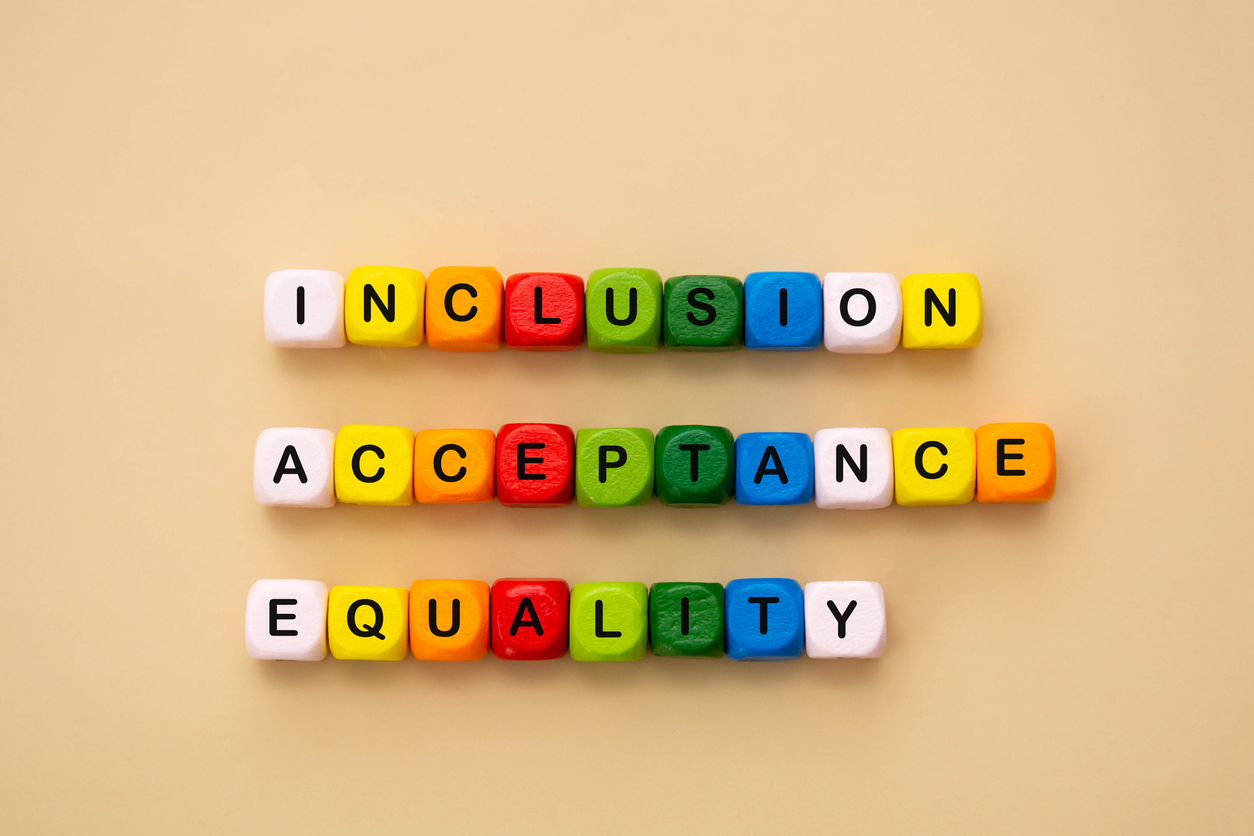Living with Chronic Pain
How Members of the LGBTQIA+ Community Can Confront Barriers to Accessible Health Care

Members of the LGBTQIA+ community face many barriers with accessing inclusive health care. Health care professionals may, intentionally or unintentionally, disrespect their patient’s identity. Some may lack the basic knowledge required to provide comprehensive treatment, which can leave large gaps of care.
LGBTQIA+ community members experience high rates of homelessness, discrimination, sexual assault, medical trauma, and violence. This can result in not obtaining health care or being uncomfortable when seeking it. These barriers may be difficult to recognize by those that are not part of this community.
Health organizations that present themselves as “LGBTQIA+-friendly” may lack knowledge of appropriate care needed. Members of the LGBTQIA+ community may be confused on what to do when faced with inadequate, discriminatory or unsafe health care. Below are suggestions on how to confront these barriers.
Speak up
Members of the LGBTQIA+ community should speak up when facing barriers to accessible health care. Address the issue directly with the health care professional, or file a complaint with the department or facility. If this is a one-time mistake or oversight, it may be as simple as correcting the provider when it occurs. If it becomes a recurring issue, intentional discrimination, or inappropriate responses by the health care team, it may be beneficial to speak to the head of the department or facility at which they work.
Educate when possible
An LGBTQIA+ patient should not have to educate health care providers on their identity and needs. However, talking to the health care professional, answering questions, and providing resources can help them to understand the required care. This gives providers a chance to engage with their patients and have questions accurately answered. Unless the appointment is regarding transition health care or a therapy concerning the patient’s identity, it should not be entirely composed of questions and answers. For example, if someone has an appointment about a broken arm, that should be the main focus.
Know the laws
Each state, province or territory may have diverse laws regarding discrimination pertaining to health care. A person should be well-researched on which laws apply to them and what their rights are. They should also develop a plan to assert these rights to their provider. Directing the physician to resources explaining these rights may be adequate, or a patient advocate may be able to assist. In extreme cases, a lawyer may be necessary.
Ask for a professional health care advocate
Most hospitals and larger facilities have a department of patient relations dedicated to ensuring individuals have the best possible experience. This should be utilized if a person is not receiving quality care or if the provider is not responding to their needs appropriately. A professional health care advocate can help with communication to the medical professional, especially about uncomfortable issues.
Use the buddy system
A trusted friend or loved one can accompany the patient to medical appointments to provide a safe feeling, especially if they have had bad experiences in the past. They can ensure the environment remains safe, while providing advocacy if the patient is not comfortable advocating for themselves. Have a discussion ahead of time about what is needed during the appointment, what is uncomfortable, and what actions are appropriate for the guest.
Request a new physician
Ultimately, if the current physician or medical team is not able to provide quality care while respecting the patient’s identity, a new physician may be needed. In certain incidents, such as in an emergency situation, this may be difficult or impossible. Most times, however, it should be feasible to schedule an appointment with a new provider and transfer health records.
Research
Unfortunately, not all medical providers are LGBTQIA+-friendly. The patient may need to research providers to find one that meets their needs. Searching online databases, calling offices, and asking friends for recommendations can help. If a specialist is required, and the primary care provider is LGBTQIA+-friendly, ask for a referral.
Know when to say “enough!”
If a health care professional is disrespecting or ignoring the individual’s identity, discriminating against them, or making the patient uncomfortable, it is okay to leave the appointment if it is not an emergency situation. Physicians and other medical personnel should provide a safe, healing space to all patients. If this is not experienced, leave the situation and seek inclusive health care elsewhere.
Additional sources: Women's Health and the U.S. Pain Foundation.

















